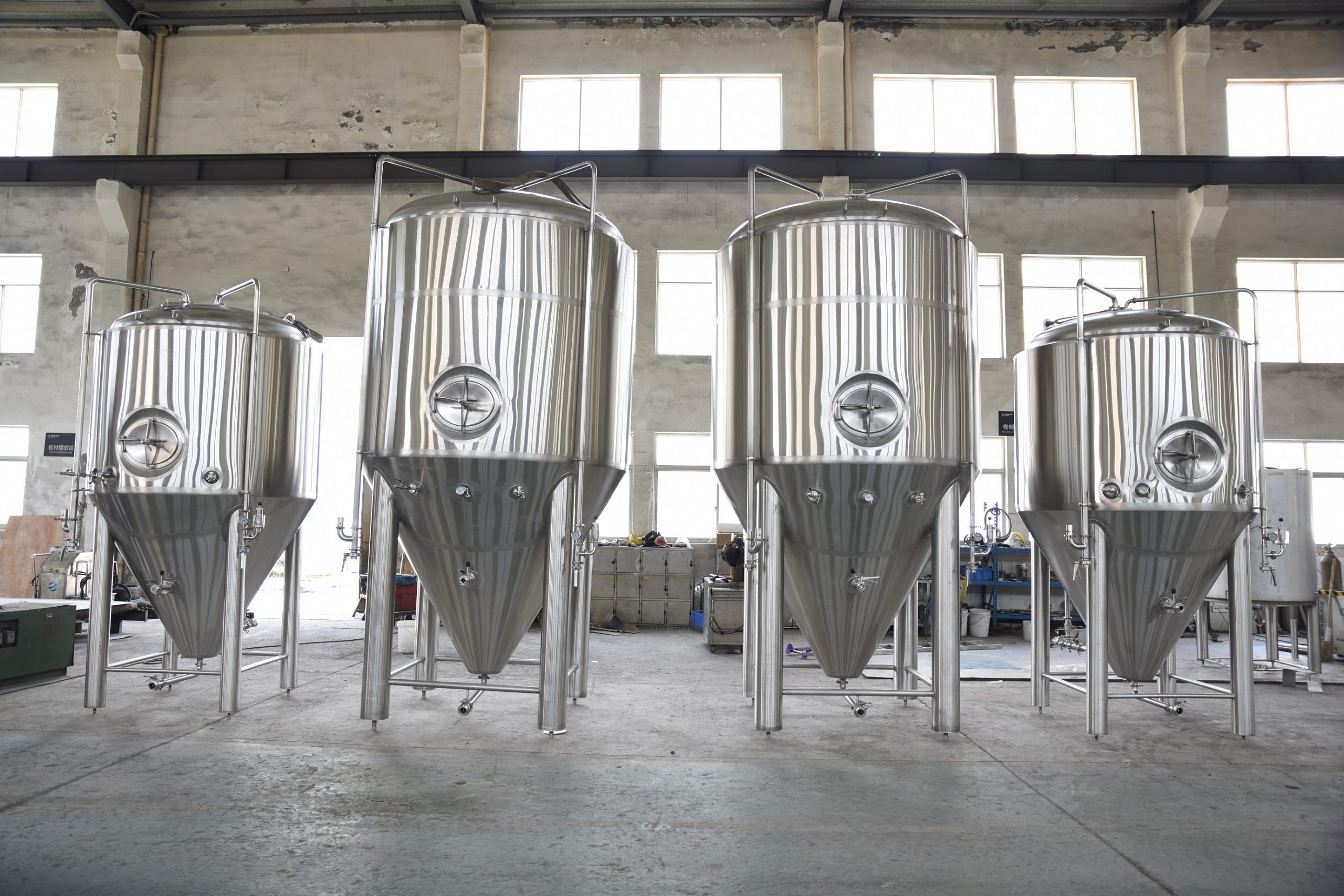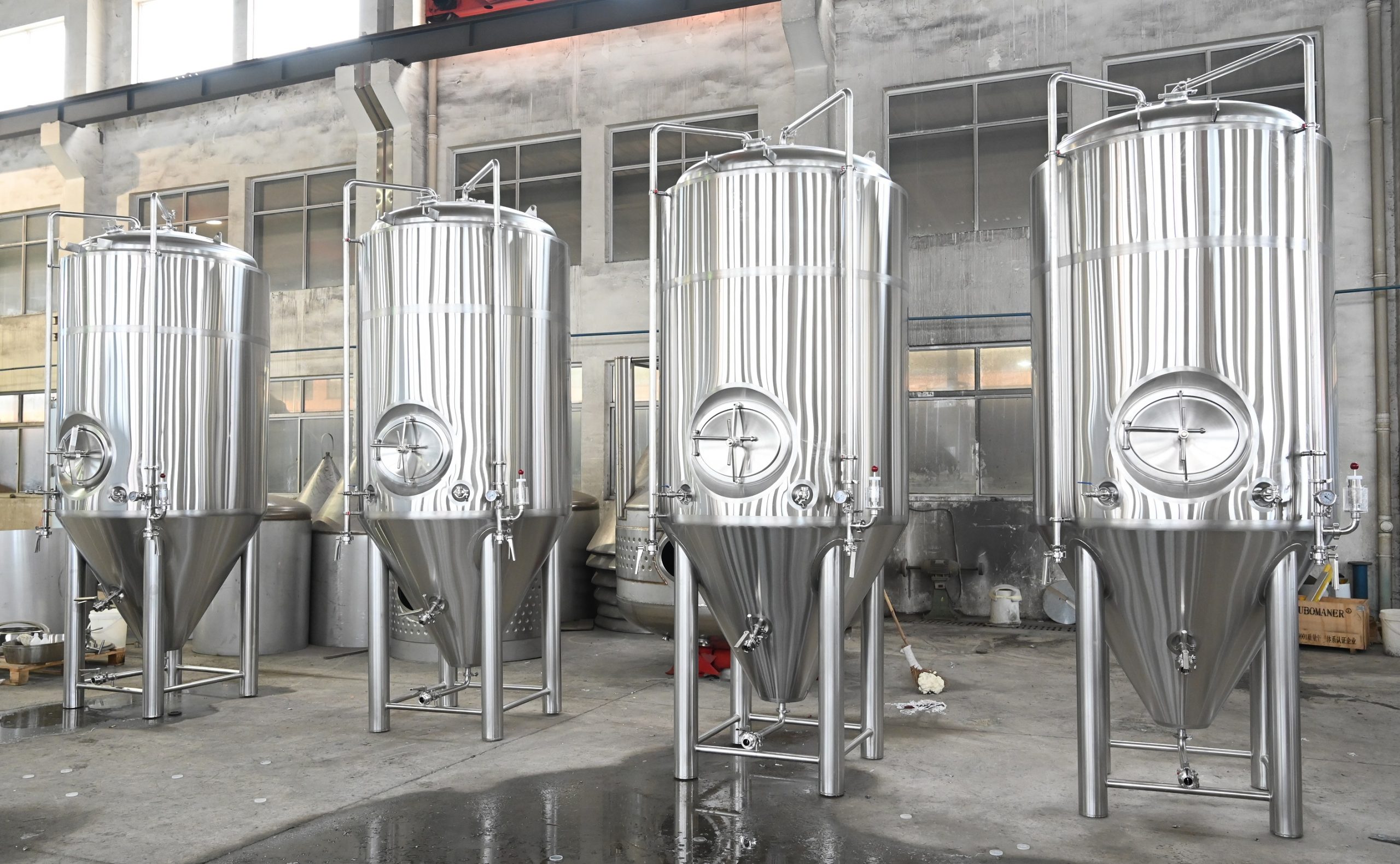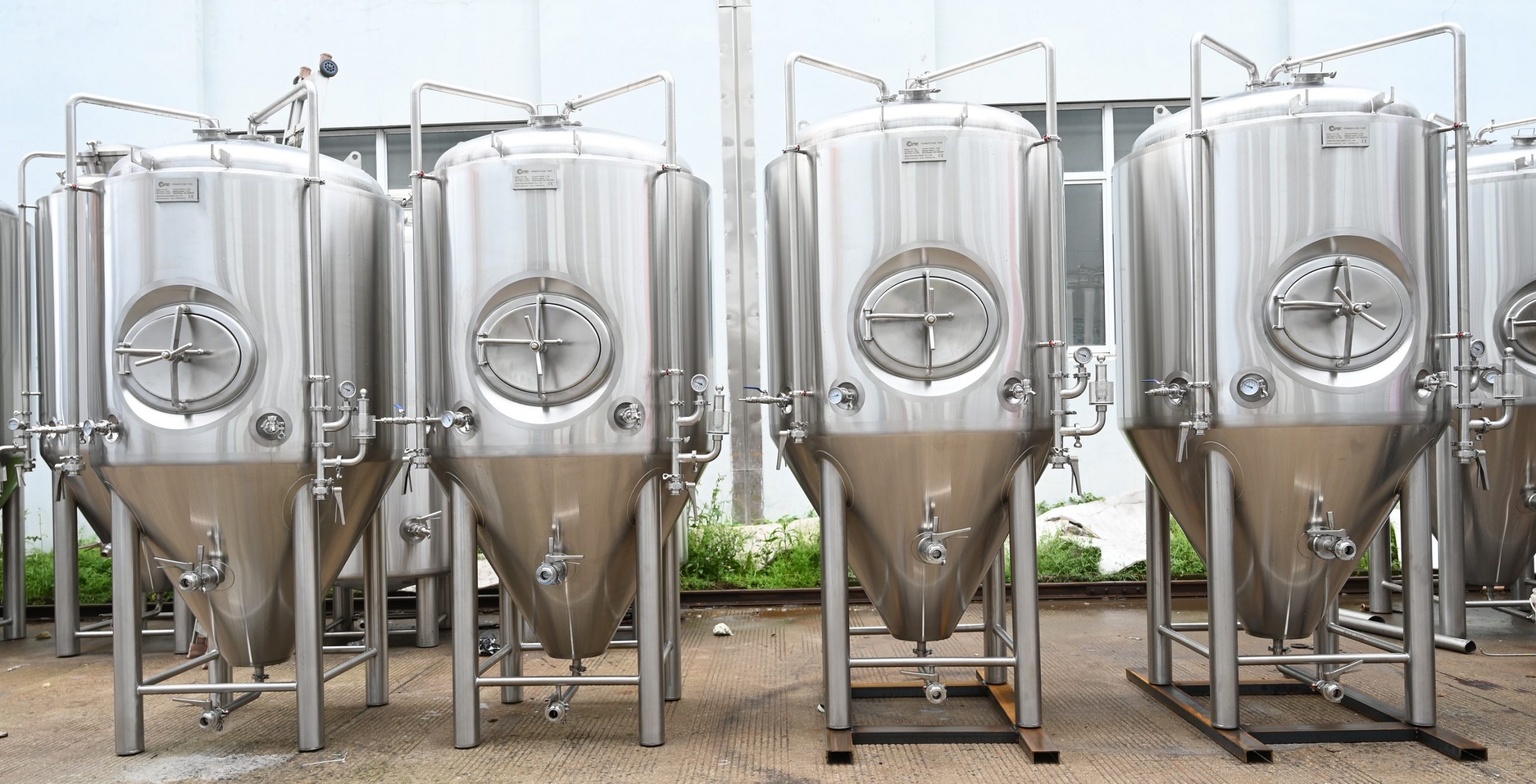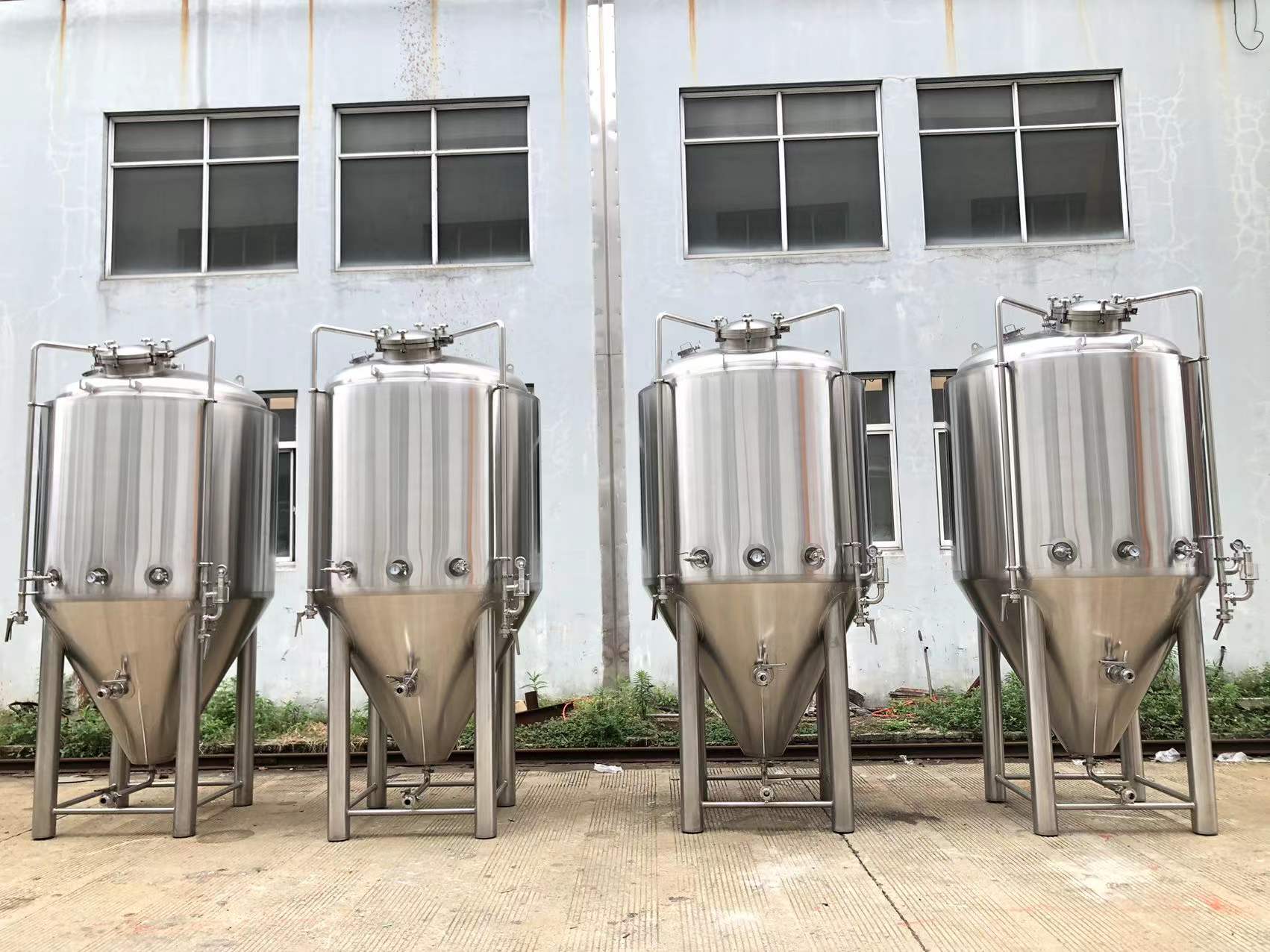
What are the signs that you need to replace your brewery unitanks?

When it comes to determining whether to replace brewery unitanks, there are several signs to look out for. Here are some indicators that it might be time to consider replacing your unitanks:
Age: Unitanks have a lifespan, and if yours have been in use for a significant amount of time, it might be worth considering replacement. While there is no specific timeframe, factors such as material quality, maintenance, and frequency of use can influence the lifespan.
Physical Damage: Inspect the unitanks for any visible signs of physical damage, such as dents, cracks, or corrosion. Damaged unitanks can compromise the integrity of the vessel and affect the quality of your beer.
Corrosion: Over time, exposure to chemicals, moisture, and other brewing elements can cause corrosion. Check for rust or corrosion on the interior or exterior of the unitank. Severe corrosion can compromise the tank’s integrity, making replacement necessary.
Leaks: If you notice persistent leaks around the unitanks, it could indicate a problem with the seals, gaskets, or fittings. Minor leaks might be repairable, but if they become recurrent or difficult to fix, it might be more cost-effective to replace the unitanks.
Poor Performance: If you’re experiencing recurring issues or inefficiencies with your unitanks, such as inconsistent pressure, or inability to hold carbonation, it could indicate a problem with the tank itself. In such cases, replacing the unitank might be a solution.
Poor Temperature Control: Unitanks should maintain a consistent temperature for fermentation. If you’re experiencing difficulty in controlling the temperature, resulting in inconsistent fermentation or off-flavors, it could be a sign that the insulation or cooling/heating components of the unitanks are compromised.
Inefficient Cleaning and Sanitization: If you find it increasingly challenging to clean and sanitize the unitanks thoroughly, even after regular maintenance, it might indicate wear and tear that makes it difficult to maintain sanitary conditions. This can lead to contamination and affect the quality of your beer.
Capacity Limitations: As your brewery grows, you might require larger capacity unitanks to meet the demand. If your current unitanks are unable to keep up with production requirements, it could be time to consider upgrading to larger or additional unitanks.
Safety Concerns: Safety should always be a priority in a brewery. If you have concerns about the safety of your unitanks, such as weakened structural integrity, faulty valves, or outdated safety features, it’s essential to replace them to ensure the well-being of your staff and the quality of your products.

Compliance with Regulations: Brewery regulations and standards can evolve over time. If your existing unitanks no longer meet the current industry or safety standards, it may be necessary to replace them to ensure compliance.
Maintenance and Repair Costs: If you find that the cost of maintaining or repairing your unitanks is becoming increasingly expensive, it may be more cost-effective in the long run to invest in new tanks rather than constantly repairing old ones.
Technological Advancements: Brewing technology is continuously evolving, and newer unitanks might offer advanced features and improvements over older models. If your current unitanks lack modern features or functionalities that can enhance brewing processes or efficiency, it might be worth considering an upgrade.
It’s important to consult with brewing equipment professionals or manufacturers for a thorough assessment of your specific situation. They can provide expert advice based on your brewery’s needs and help you determine whether replacement is necessary.




















